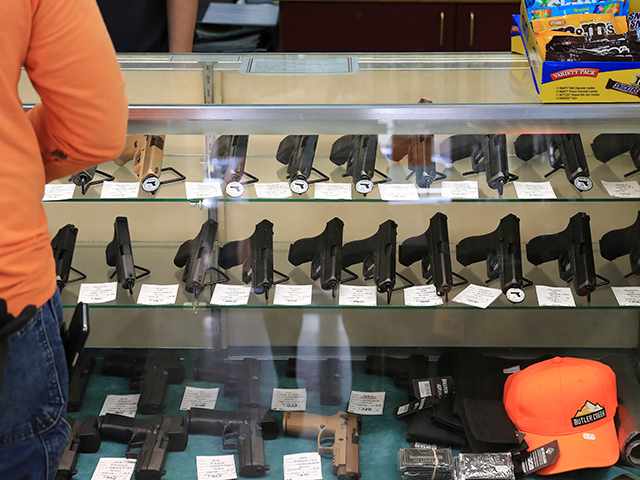U.S. District Judge Cormac J. Carney granted a preliminary injunction Monday in which he noted that “Californians have a constitutional right to acquire and use state-of-the-art handguns to protect themselves.”
Carney made this observation in his decision to grant a preliminary injunction against California’s micro-managed handgun roster, which came into being via the state’s Unsafe Handgun Act (UHA).
The CA handgun roster is a list of new handguns that can be legally sold in the state, and those handguns are allowable in 2023 only by meeting the UHA provisions. Carney noted that the UHA provisions have been changed/tightened so many times since its adoption in 1999 that California residents “are largely restricted to…[handgun] models from over sixteen years ago.”
For example, the provisions now include a chamber load indicator (CLI), a magazine disconnect mechanism (MDM), and a microstamping requirement.
In weighing the various gun controls that determine which handguns may or may not be listed on the roster, he referenced the Supreme Court of the United States’ (SCOTUS) decision in Bruen (2022). In that decision, SCOTUS noted: “To justify its regulation, the government may not simply posit that the regulation promotes an important interest. Rather, the government must demonstrate that the regulation is consistent with this Nation’s historical tradition of firearm regulation.”
Carney noted that the first step of “the Bruen framework” is to determine if “the Second Amendment’s plain text covers an individual’s conduct,” i.e., the conduct of the plaintiffs seeking access to better handguns for self-defense.
He pointed to the post-Bruen decision in United States v. Kelly (2022), which says, “The first step under Bruen, therefore, is to determine whether the law at issue ‘infringe[s]’ on ‘the right of the people to keep and bear Arms.’”
Carney then noted that the “provisions unquestionably infringe on the right to keep and bear arms.”
He then pivoted to the second step of “the Bruen framework,” which demands the government show the gun control “is consistent with the Nation’s historical tradition of firearm regulation.”
In response to the second step, Carney observed “the government has failed to proffer any historical regulation analogous to the UHA’s CLI, MDM, or microstamping requirements.”
Carney pointed out, “The Second Amendment enshrines a fundamental constitutional right for law-abiding citizens to keep and bear arms for self-defense.”
He concluded:
Californians have the constitutional right to acquire and use state-of-the-art handguns to protect themselves. They should not be forced to settle for decade-old models of handguns to ensure that they remain safe inside or outside the home. But unfortunately, the UHA’s CLI, MDM, and microstamping requirements do exactly that. Because enforcing those requirements implicates the plain text of the Second Amendment, and the government fails to point to any well-established historical analogues that are consistent with them, those requirements are unconstitutional and their enforcement must be preliminarily enjoined. Accordingly, Plaintiffs’ motion for a preliminary injunction is GRANTED.
The case is California Rifle & Pistol Association v. Bonta, No. SACV 22-1421 in the US District Court Central District of California.
AWR Hawkins is an award-winning Second Amendment columnist for Breitbart News and the writer/curator of Down Range with AWR Hawkins, a weekly newsletter focused on all things Second Amendment, also for Breitbart News. He is the political analyst for Armed American Radio and a Turning Point USA Ambassador. AWR Hawkins holds a Ph.D. in Military History, with a focus on the Vietnam War (brown water navy), U.S. Navy since Inception, the Civil War, and Early Modern Europe. Follow him on Instagram: @awr_hawkins. You can sign up to get Down Range at breitbart.com/downrange. Reach him directly at awrhawkins@breitbart.com.

COMMENTS
Please let us know if you're having issues with commenting.